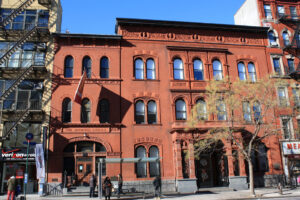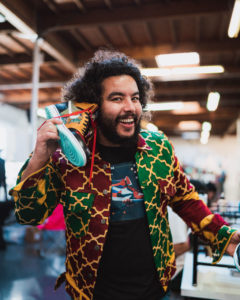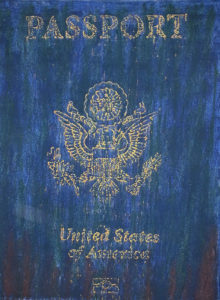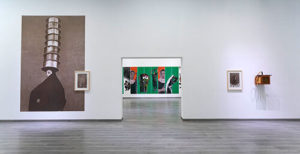Editorial No. 1 — September 2020
I will always remember the days following the Beirut explosion as traumatic and uncertain, in the same way that we experienced the aftermath of the 9/11 attacks in New York in 2001. Earlier that summer in Los Angeles, a circle of friends and I had just launched a new cultural center for the Middle East and North Africa, and we were animated by hope and anticipation with what such a center for the arts would mean in a city like LA. Yet the days following 9/11 felt grim and foreboding, as if our world was collapsing on us in the same way the Twin Towers collapsed onto themselves.
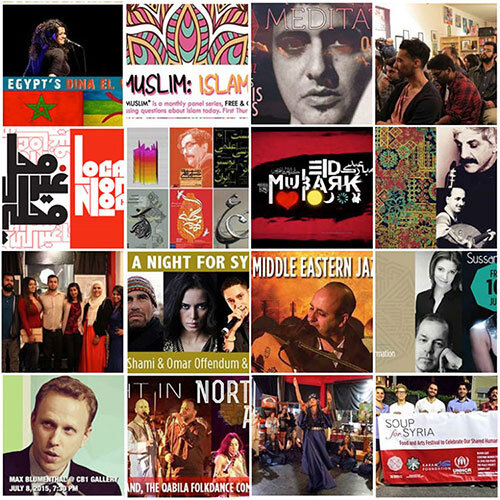
Posters and outtakes from events at the Levantine Cultural Center/The Markaz.
At the end of May 2020, after 19 years, The Markaz closed for good. As with that distant summer of 2001, a new circle of writers and artists (this time in several world locations) began working on launching a new arts initiative, to be called The Markaz Review. We decided not to let the pandemic ruin everything; optimistically the discussion was around how we could reinvent the wheel, transforming what had been a brick-and-mortar space for the arts and the MENA into a global-local community, albeit virtual. As in 2001, our efforts got underway in June, and we began planning for our first issue to come out in September, with Beirut as its theme. At first we wanted to dedicate ourselves to the artists and the activists of Beirut and indeed, of Lebanon, who were fighting the old political elite and the corruption, which had led the country to the brink of economic collapse.
But then came the explosion at the Port of Beirut on the 4th of August, and Beirut as a theme issue became even more urgent. However, not everyone saw the point of TMR. One person, a former Beiruti living in Manhattan, wrote to say, “Your campaign and timing is of extremely bad taste and insensitive given what my country really needs at this time.” Clearly Beirut needed humanitarian aid and financial support to get through the crisis. But the city is also home to countless painters, musicians, writers and other artists who were themselves victims of the blast that killed nearly 200 people and rendered thousands homeless. I reminded our friendly critic in Manhattan that the original Levantine Cultural Center had meant something to Angelenos. When we closed down (having renamed ourselves The Markaz in 2015), one of our long-time members, an Iranian American who worked in television, wrote us. “Levantine Cultural Center/The Markaz helped me and countless others survive ‘the War on Terror’ years. Thank you for the home you nurtured for us all.”
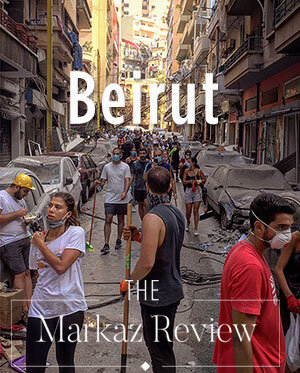
The Markaz Review or TMR exists to create community and be a virtual home away from home. We support artists and those of us who rely on creative people for insight, hope and inspiration. As Malu Halasa and Zaher Omareen note in their anthology Syria Speaks, Art and Culture from the Frontline, “creativity is not only a way of surviving the violence but of challenging it.” Whether talking about the violence of racism, sexism, autocratic leadership or literal oppression, TMR is here to let us speak in our own voices, and to raise the bar for all of humanity.
Our proposal is to produce a monthly theme issue and present additional columns, reviews and articles in TMR Daily. We pay our contributors, albeit modestly for now, and rely on our readers for financial support, even as we apply to foundations large and small, and to the individual donors without whom this endeavor would have never gotten off the ground in the first place.
Thank you for reading and raising your voices.
—Jordan Elgrably



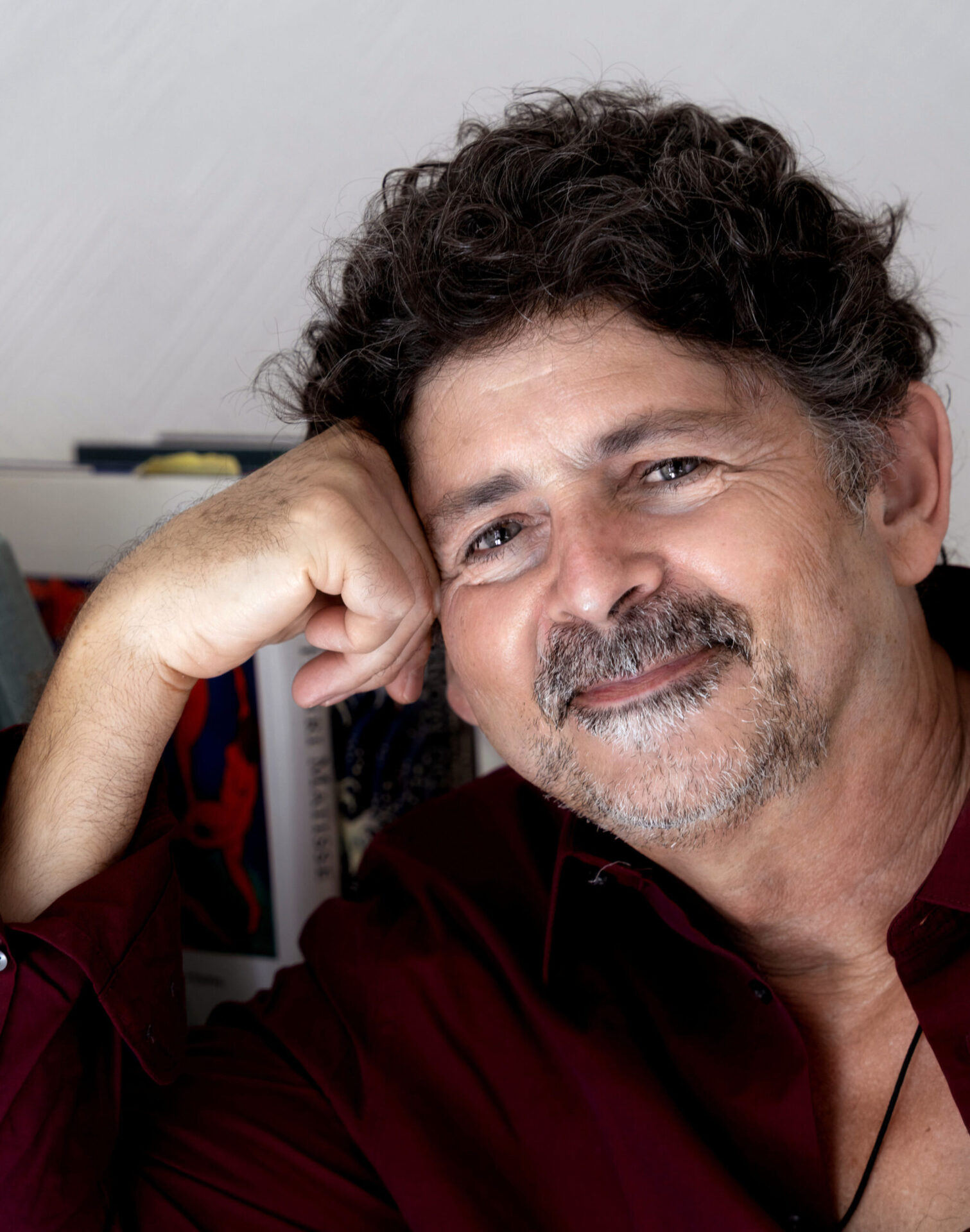

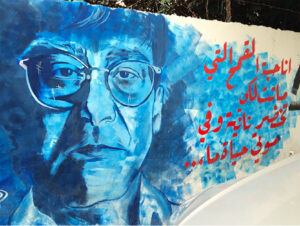

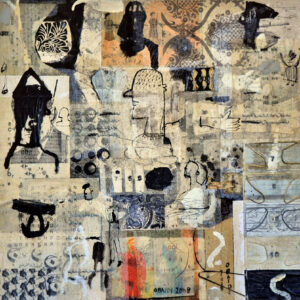




![Ali Cherri’s show at Marseille’s [mac] Is Watching You](https://themarkaz.org/wp-content/uploads/2025/09/Ali-Cherri-22Les-Veilleurs22-at-the-mac-Musee-dart-contemporain-de-Marseille-photo-Gregoire-Edouard-Ville-de-Marseille-300x200.jpg)



























